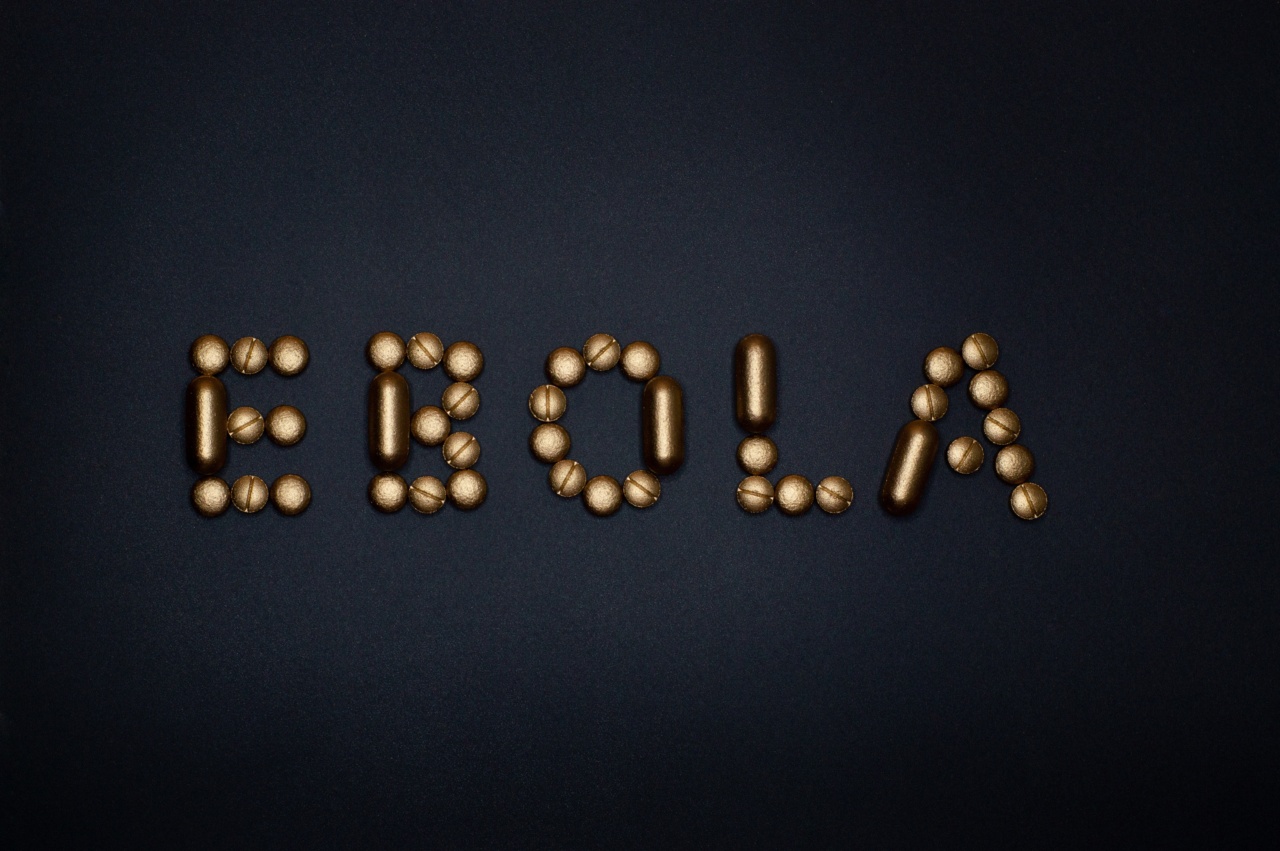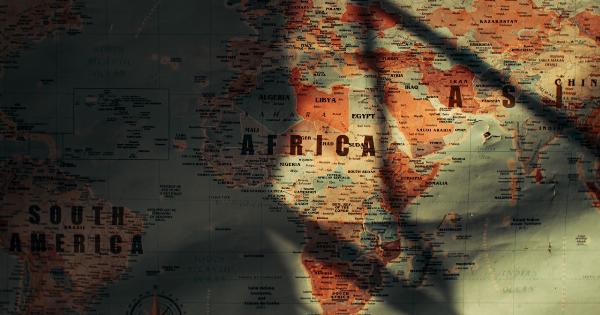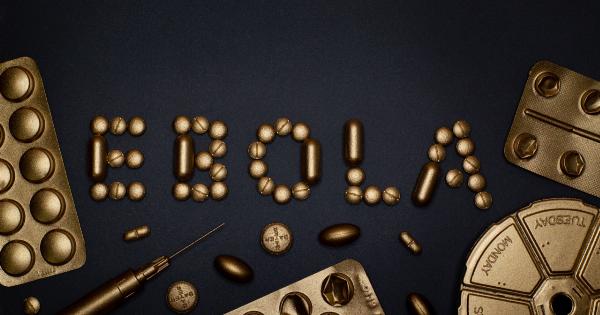Ebola virus disease (EVD) is a rare but severe and often deadly disease that affects humans and non-human primates.
It is caused by the Ebola virus, and symptoms can be severe, including fever, vomiting, diarrhea, and in some cases, internal and external bleeding. It was first identified in the Democratic Republic of Congo in 1976, and outbreaks have occurred mainly in Central and West Africa.
There is currently no licensed treatment or vaccine for Ebola virus disease, but researchers have been working hard to develop new drugs and therapies to help combat the disease.
Recently, a new study has shown that two new drugs, REGN-EB3 and mAb114, have been found to be 90% effective in saving patients with EVD.
The study
The study, which was published in the New England Journal of Medicine, was conducted during the Ebola outbreak in the Democratic Republic of the Congo in 2018.
The trial involved 681 patients, and the drugs were administered as part of a clinical trial to evaluate their safety and efficacy in treating Ebola virus disease.
The results of the study showed that patients who received either REGN-EB3 or mAb114 had a significantly higher chance of survival compared to those who received other treatments.
The mortality rate among patients who received REGN-EB3 was 29%, while the mortality rate among those who received mAb114 was 34%. This is compared to a mortality rate of 49% among patients who received other treatments.
The study was led by the World Health Organization (WHO) and involved a number of partners, including the National Institute of Allergy and Infectious Diseases (NIAID), which developed mAb114, and Regeneron Pharmaceuticals, which developed REGN-EB3.
How do the drugs work?
REGN-EB3 and mAb114 are both monoclonal antibodies, a type of immune system protein that can recognize and neutralize specific viruses and bacteria. The two drugs work by binding to the Ebola virus and preventing it from infecting cells.
REGN-EB3 is a combination of three different monoclonal antibodies, while mAb114 is a single monoclonal antibody that was isolated from a survivor of the 1995 Ebola outbreak in the Democratic Republic of the Congo.
What does this mean for the future of Ebola treatment?
The results of the study are promising, and the new drugs are expected to play an important role in the treatment of Ebola virus disease in the future.
However, there are still many challenges to overcome, including the availability and affordability of the drugs.
Both REGN-EB3 and mAb114 are currently being reviewed by regulatory authorities for approval, and it is hoped that they will be available for use soon.
However, the cost of the drugs may still be prohibitively high for many patients in the areas most affected by Ebola virus outbreaks.
In addition, there is still much to learn about the long-term effects of these drugs, as well as how they may interact with other treatments and medications.
Conclusion
The development of new drugs for Ebola virus disease is an important step in the fight against this deadly disease.
The results of the recent study are promising, and both REGN-EB3 and mAb114 have been found to be highly effective in saving patients with EVD. However, it is important to continue research into new treatments and therapies, as well as to address the challenges surrounding access and affordability of these drugs in the areas most affected by Ebola virus outbreaks.


























